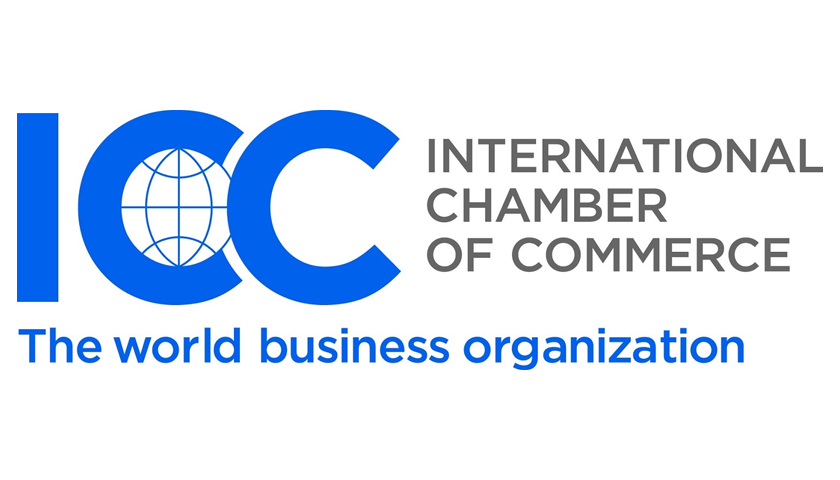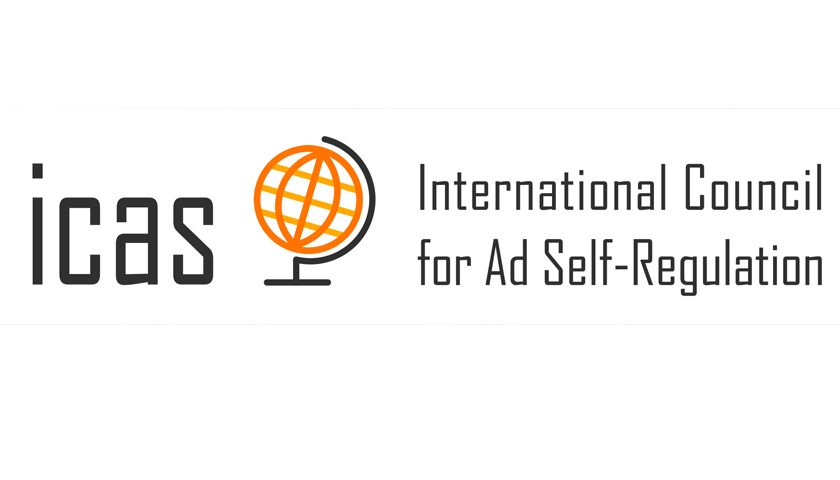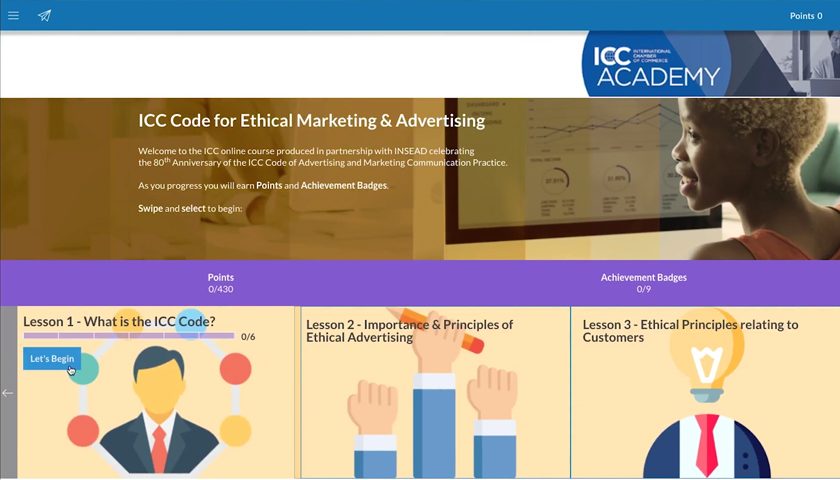In the context of the climate crisis and the need to promote sustainable consumption the International Chamber of Commerce has updated its environmental framework.
There has been growing interest by the media, government, consumers, and other stakeholders about the impact of human activities on the environment and how to promote “sustainable” consumption and use. As such, the past few years have seen a renewed interest in environmental marketing, particularly in the context of growing momentum on climate action globally, including collective efforts by governments and businesses to mitigate the threats of climate change and promote sustainable consumption.
There has also been a proliferation of “environmental” claims and interest in concepts of “environmental sustainability” and “sustainable development,” with growth in general claims that products or services are “eco-friendly,” “green,” “sustainable,” “carbon neutral” and well as some new emerging claims in the marketplace such as “climate neutral”, “climate positive”, “net zero”, “circular”; “natural”, “microplastics-free”, etc.
A joint working group was established in June last year, including members from the Commission on Marketing and Advertising and the Commission on Environment and Energy, such as ICAS and EASA and a number of ICAS members, to work on updating the Environmental Framework to address new issues, concepts and environmental claims that have emerged.
The ICC Framework for Environmental Marketing Communications (ICC Framework) provides added guidance in response to the growing complexity of environmental or “green” marketing claims, including general claims of “sustainability” as well new emerging climate-related, circularity, recyclable content, degradability and additional “free-of” claims. The Framework provides a helpful approach for advertising industry stakeholders to use in developing and analysing environmental claims, consistent with general principles of the ICC Advertising and Marketing Communications Code and specific guidelines in Chapter D on environmental claims. It helps assists marketers in assuring that ‘self-declared’ environmental claims are truthful and not misleading and are appropriately substantiated and emphasises that environmental marketing claims need to be appropriately qualified and substantiated to avoid misleading consumers.



